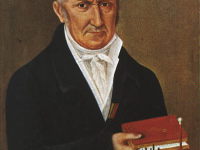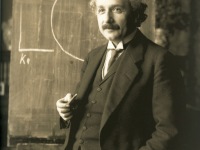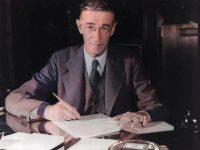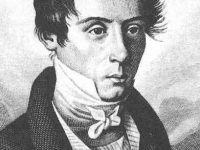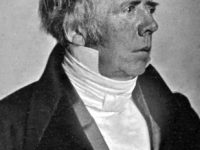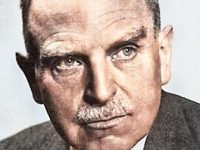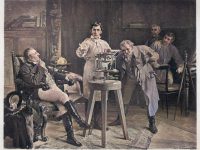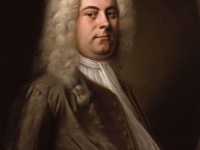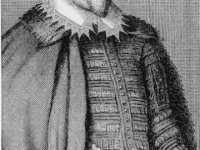Alessandro Volta and the Electricity
On March 20, 1800, Italian physicist Alessandro Volta informed the British Royal Society in London about his newly invented electric power source, the Voltaic pile, the first energy source technology capable of producing a steady, continuous flow of electricity. “The language of experiment is more authoritative than any reasoning: facts can destroy our ratiocination—not vice versa. “ — Count Alessandro Giuseppe Antonio Anastasio Volta, Quoted in [12] First Experiments with Eletricity Alessandro…
Read more

